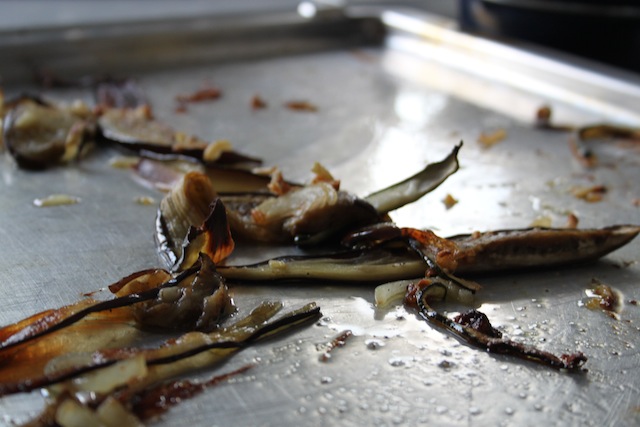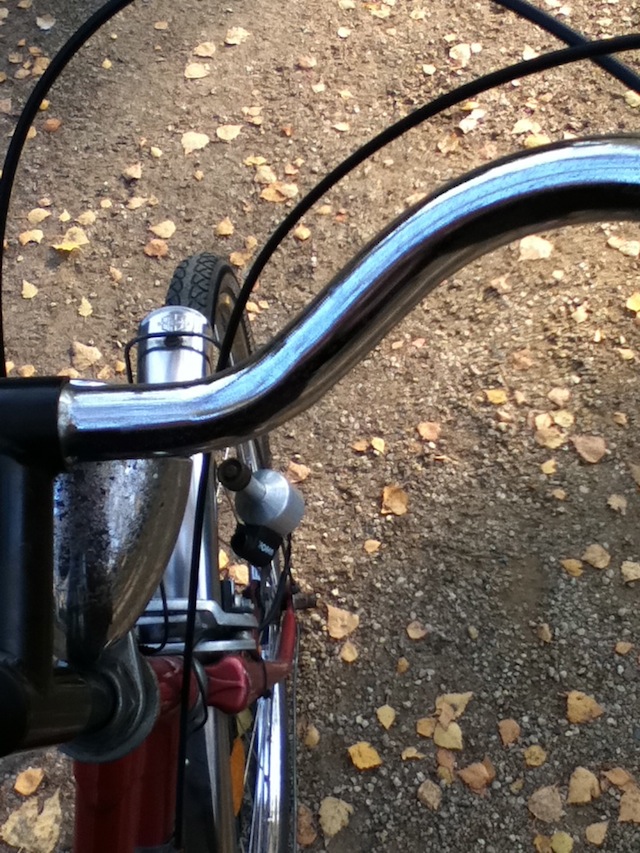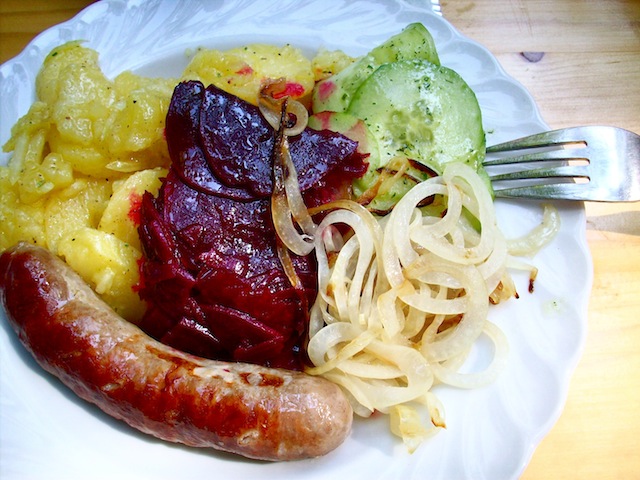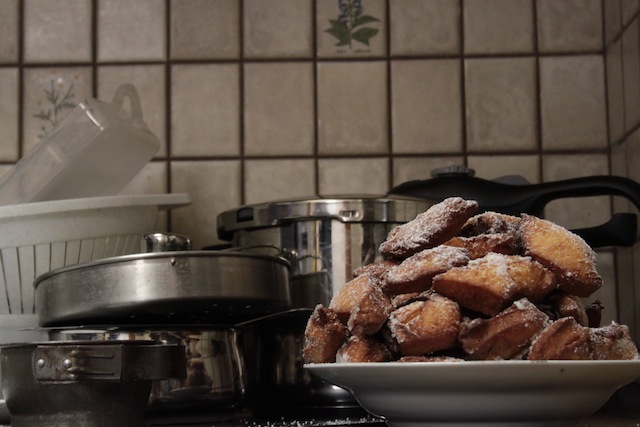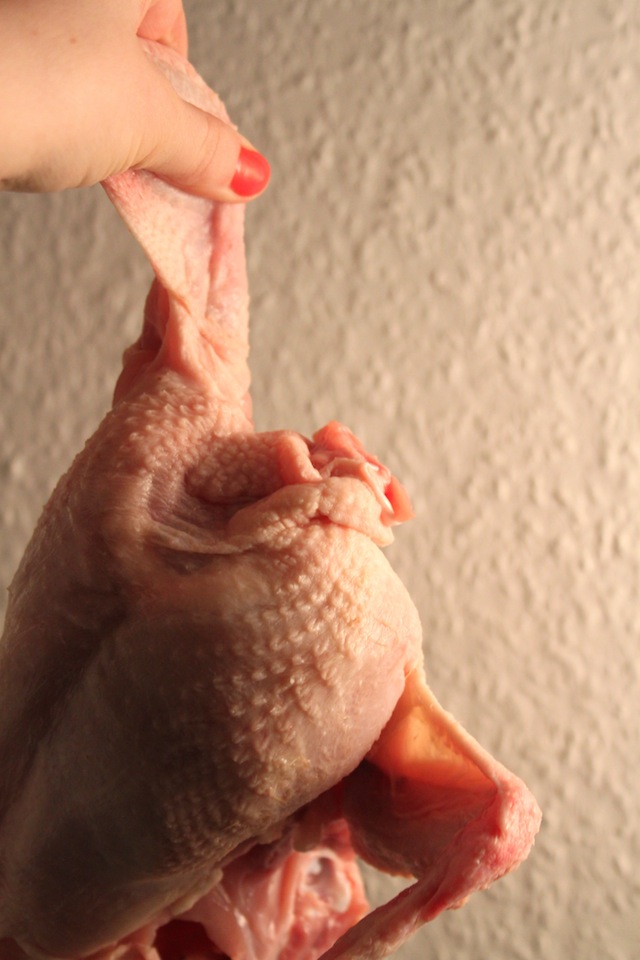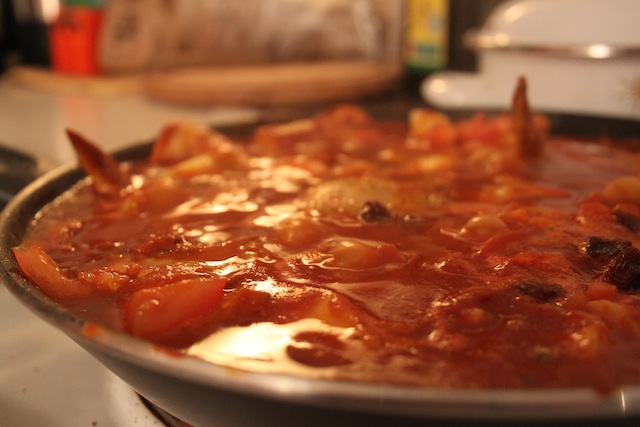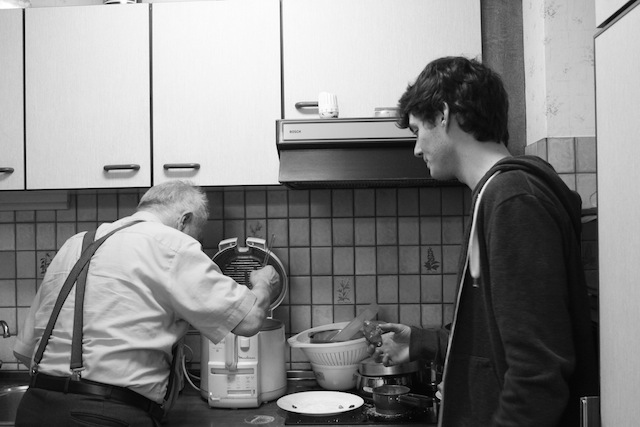
Well, it’s edible, says my grandfather, as he pops a hot beignet into his mouth and then quickly shakes the heat of it from his fingers. This means that it is actually very good. My grandfather is Schwabisch, where the phrase nichts g’sagt ist Lob g’nug, meaning nothing said is praise enough, is, in fact, nearly the highest form of praise. As far as I can tell, the most generous expression of delight is: Man kann’s essen, which means, you can eat it.
My brother and my grandfather and I are standing in the kitchen, deep-frying Fasnet’s cakes, the south-German name for beignets. We’ve developed an assembly-line of sorts – I’m rolling out dough and cutting it into diamonds, my grandfather is manning the deep-fryer, and my brother is dusting the cakes, blistering with hot oil, in powdered sugar. We’ve developed an unhurried camaraderie, mock-criticizing each others’ methods, telling old jokes, jostling against each other with batches of dough, making faces, taking pictures. The kitchen is warm and smells sweet.
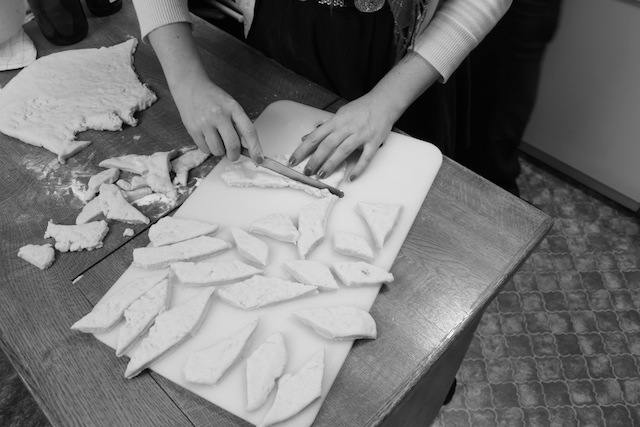
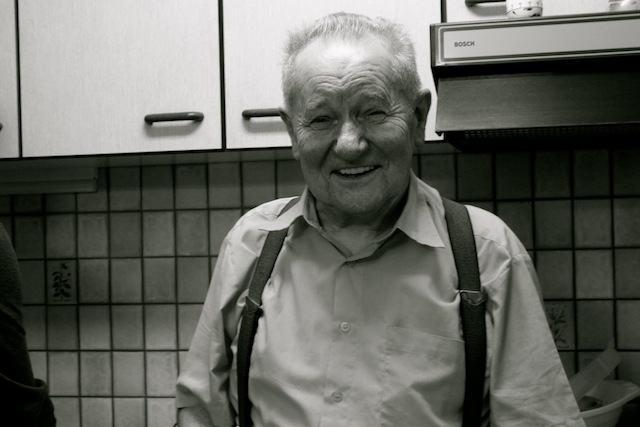
This picture freezes in my mind. My grandfather grins at me in a half-laugh and shrugs his shoulders as if to say, Well, what do you think about that?
His eyes are wrinkled into crescents, his eyebrows lifted like a mischievous child’s as he swings a bottle of Oettinger Pils up to his mouth. And then his back is to me as he flips the Fasnet cakes in the deep-fryer. My brother catches the hot cakes on a plate of sugar and the powdered sugar he dusts onto them melts.
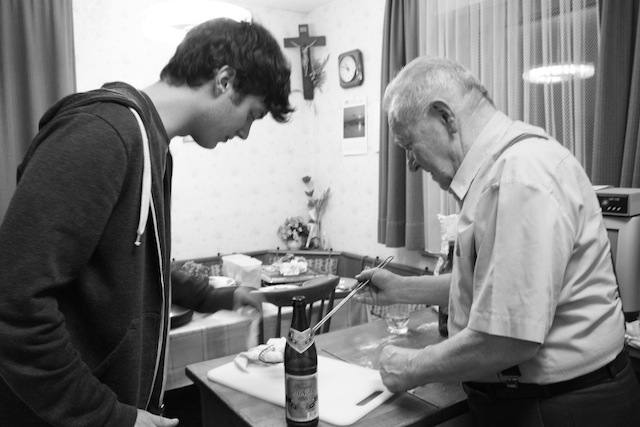

Fasnet (aka Fasnacht, aka Carnival) is mainly celebrated in the southern, Catholic parts of Germany. In Berlin, there were a handful of people who looked at me with confusion. They’d never heard of it.
In Burladingen, however, people belong to Fasnet clubs (called Vereins) which supposedly exist solely to march in the parades and plan parties during the two weeks or so that Fasnet is celebrated. » Continue reading this post...
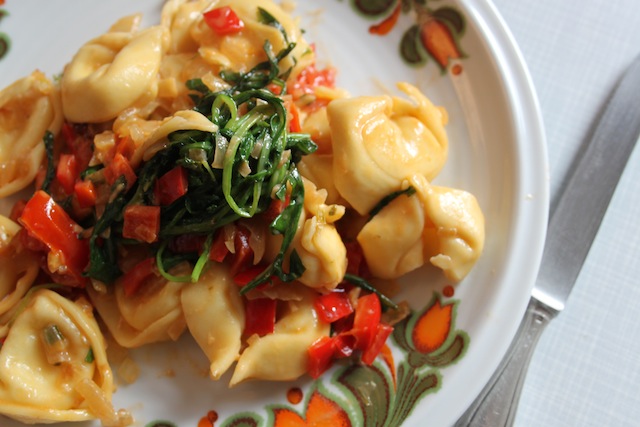
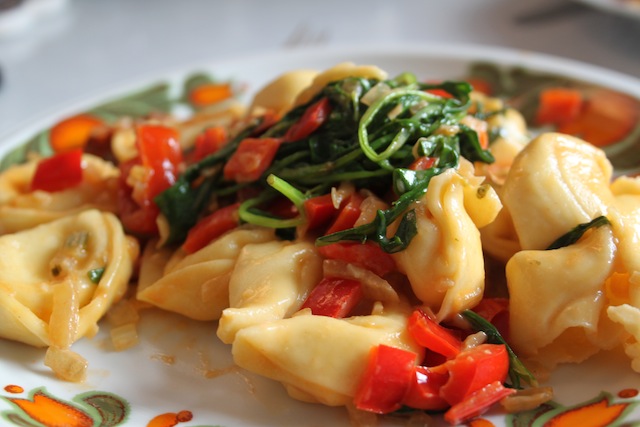 » Continue reading this post...
» Continue reading this post... 